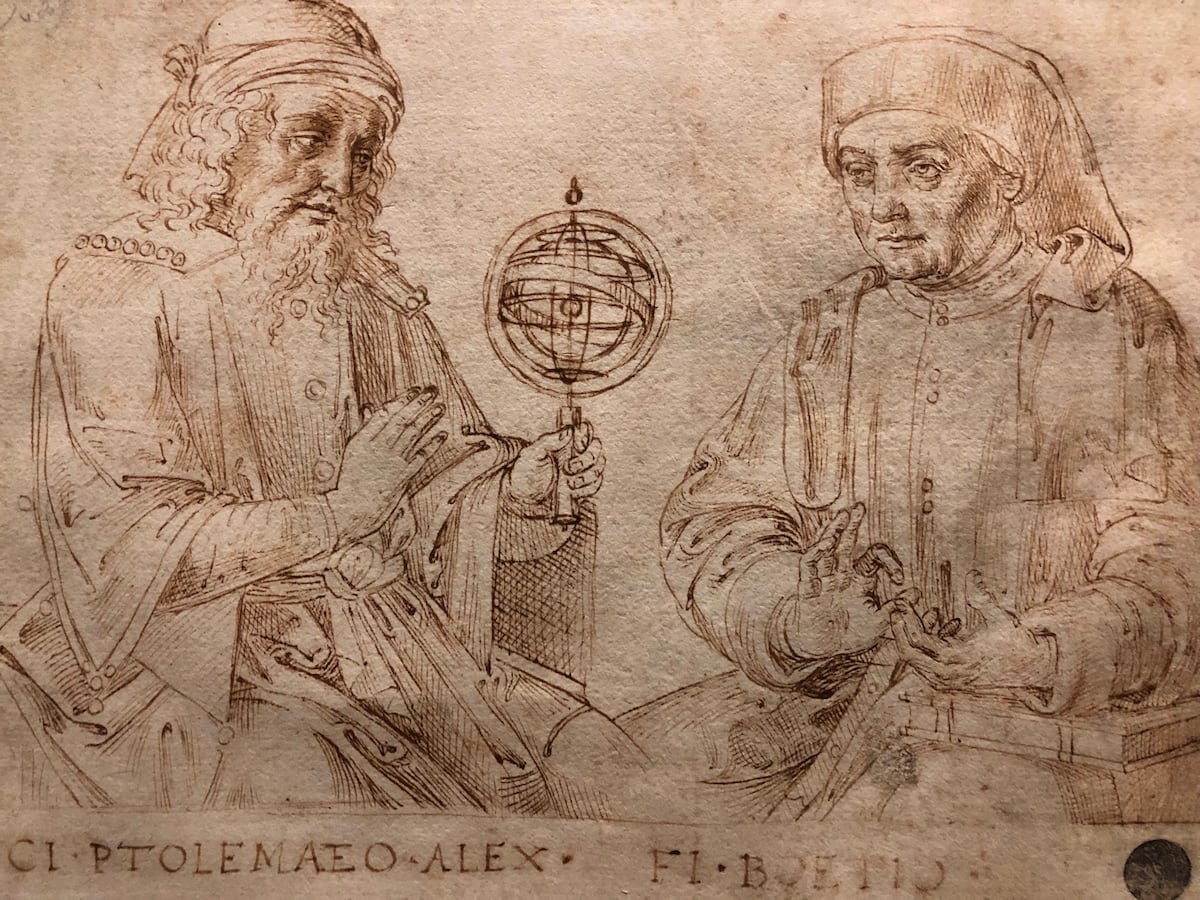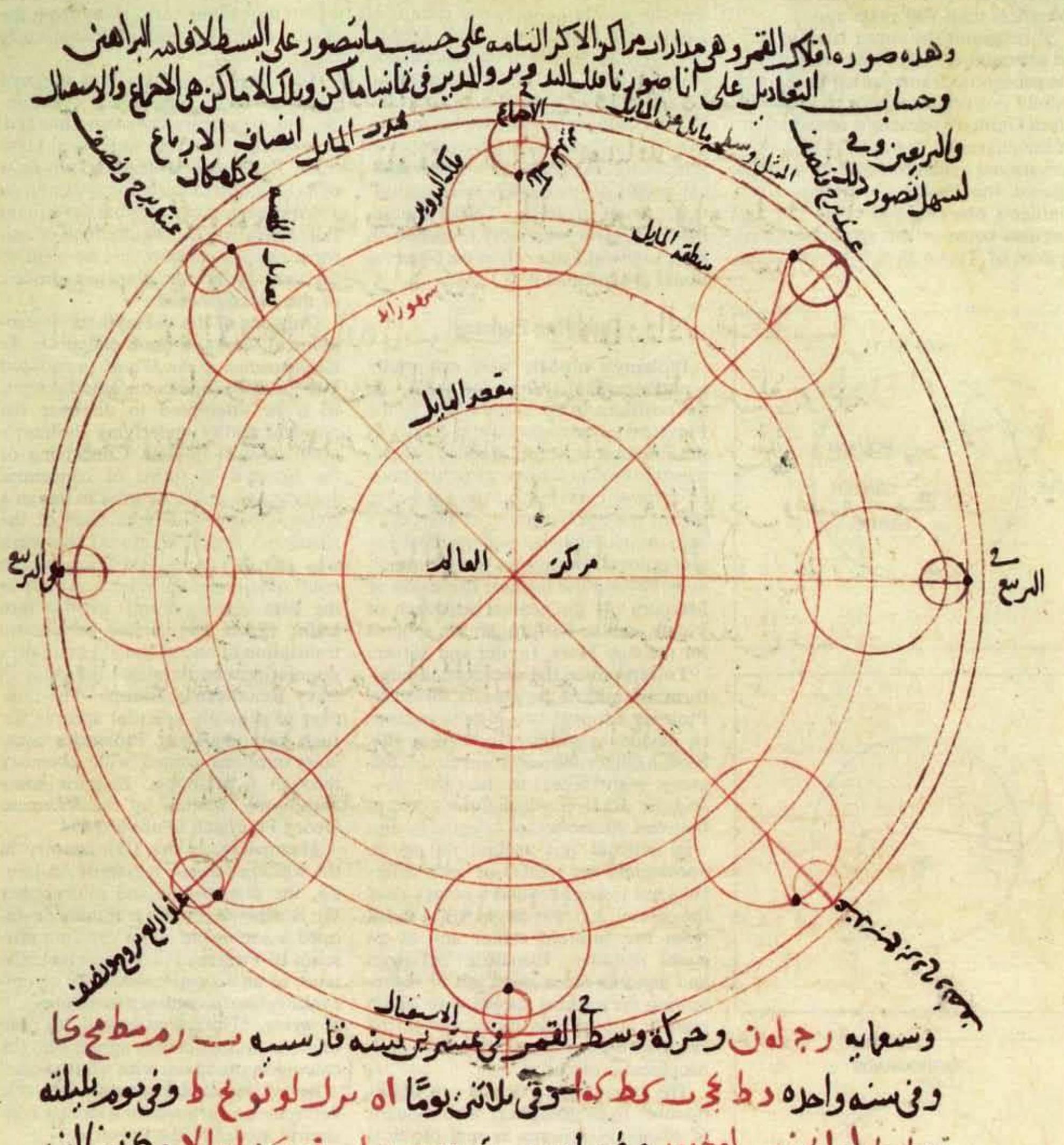#history-of-science
#history-of-science
[ follow ]
#cornell-university #physics #quantum-mechanics #kepler #astronomy #neuroscience #longitude #indus-script
fromHarvard Gazette
2 weeks agoLooks like a book. Reads, to some, like a threat. - Harvard Gazette
Books about sex, science, and politics were among the works selected for "Banned in Boston (and Beyond)," a Houghton Library pop-up exhibition that coincided with the American Library Association's Banned Books Week. "I think you'll find very few librarians for whom the freedom to read and the freedom of access to information isn't a very important topic, and that's a reason I really wanted to do something about this subject," said John Overholt, who organized the exhibition. "Because it means a lot to me."
Books
fromNature
2 weeks agoAlchemy: discredited pseudoscience or chemistry's worthy ancestor?
When physicist Ernest Rutherford and chemist Frederick Soddy discovered nuclear transmutation - the natural decay of one radioactive element into another - in 1901, Rutherford's first cry was of alarm, not delight. "For Mike's sake, Soddy," he chastised his co-worker. "Don't call it transmutation, they'll have our heads off as alchemists!"
History
Science
fromOpen Culture
1 month agoErnst Haeckel's Sublime Drawings of Flora & Fauna: The Beautiful Scientific Drawings That Influenced Europe's Art Nouveau Movement (1889)
Science and philosophy were historically intertwined, with scientists often skilled in arts, contributing to terminology, taxonomy, and artistic scientific depictions.
fromwww.scientificamerican.com
1 month agoHighlights from Over 100 years of Scientific American's Book Reviews With A Modern Recommendation
Selecting a book to read can sometimes be overwhelming: countless books are published every year, and there are countless more published years ago that we haven't gotten around to. If you'd like to incorporate some science books into your TBR (to-be-read) list, Scientific American has been reviewing books for well more than 100 years. Below is a collection of some of our favorite (and sometimes downright snarky) book reviews over the past century.
Science
fromCornell Chronicle
2 months agoMargaret Rossiter, historian of women in science, dies at 81 | Cornell Chronicle
"It was not uncommon for boxes of 10 books at a time to arrive from the library, and her office could be the model for any illustration of books and articles literally spilling off tables and shelves."
Women
fromThe Art Newspaper - International art news and events
2 months agoDiscoveries at site of Isaac Newton's mother's home shed new light on his early life
The excavation at Newton's mother's house revealed lost and discarded domestic items, including broken pottery and gaming tokens, providing a glimpse into his fragmented family life.
History
[ Load more ]

